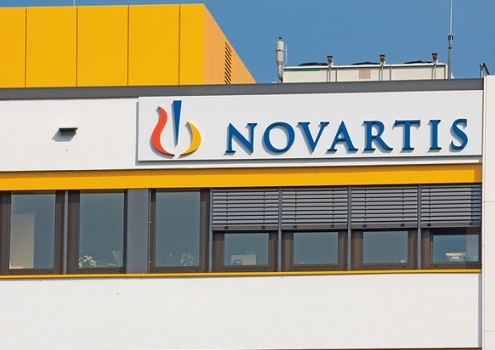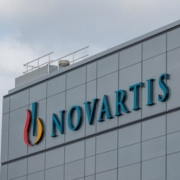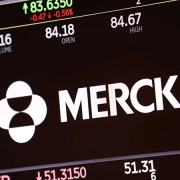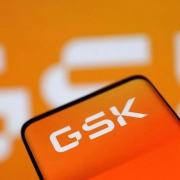Novartis abandons Xoma-partnered antibody for pancreatic cancer
Novartis abandons Xoma-partnered antibody for pancreatic cancer
Published: Aug 28, 2023
By Tristan Manalac
BioSpace
Novartis is discontinuing the development of the anti-TGFβ antibody NIS793 and is returning it to Xoma Corporation, according to an SEC filing posted Friday.
Following the discontinuation, Novartis will stop enrollment into all active clinical studies of NIS793 but will still collect data once these studies have concluded. After returning to Xoma, NIS793 will also remain an investigational compound.
“Efficacy and safety have not been established. There is no guarantee that NIS793 will become commercially available,” Xoma wrote in its SEC filing.
NIS793 is a fully human and potentially first-in-class monoclonal antibody that works by blocking the TGFβ cytokine, a protein involved in many cancer pathways including metastasis, vascular remodeling and immune evasion. The candidate had previously won the FDA’s Orphan Drug Designation for pancreatic cancer in July 2021.
Novartis first gained access to NIS793 in October 2015, when it bought the asset from Xoma for $37 million upfront. The deal also involved up to $480 million in regulatory and commercial milestones.
Before ending its development, Novartis was running a Phase III trial for NIS793 in pancreatic ductal adenocarcinoma, testing the candidate in combination with gemcitabine and nab-paclitaxel in the first-line setting.
Novartis signed another licensing deal with Xoma in August 2017, gaining worldwide commercial rights to its anti-IL-1β antibody gevokizumab for $31 million. Prior to the deal, the candidate had already failed a Phase III trial for Behcet’s disease uveitis. Novartis is currently developing gevokizumab for the first-line treatment of colorectal cancer, with earlier planned submissions starting in 2026.
The pancreatic cancer space has seen major developments lately. Last week, Exelixis stopped and unblinded its Phase III CABINET trial in advanced pancreatic and extra-pancreatic neuroendocrine tumors (NET) following “dramatic improvement” associated with its Cabometyx.
There is currently no standard of care for NET patients who progress after initial treatment, representing a large unmet medical need. Cabometyx could potentially present these patients with a strong and effective treatment option. Exelixis will engage regulatory authorities using data from CABINET.
In June 2023, Ipsen announced that the FDA had accepted its supplemental New Drug Application, seeking to expand Onivyde (irinotecan liposome injection) into the first-line setting for metastatic pancreatic ductal adenocarcinoma. Its application included data from the Phase III NAPOLI trial, which demonstrated significantly better overall and progression-free survival associated with Onivyde versus nab-paclitaxel and gemcitabine.
The FDA’s verdict is due early next year.
Source: BioSpace






 Reuters
Reuters
